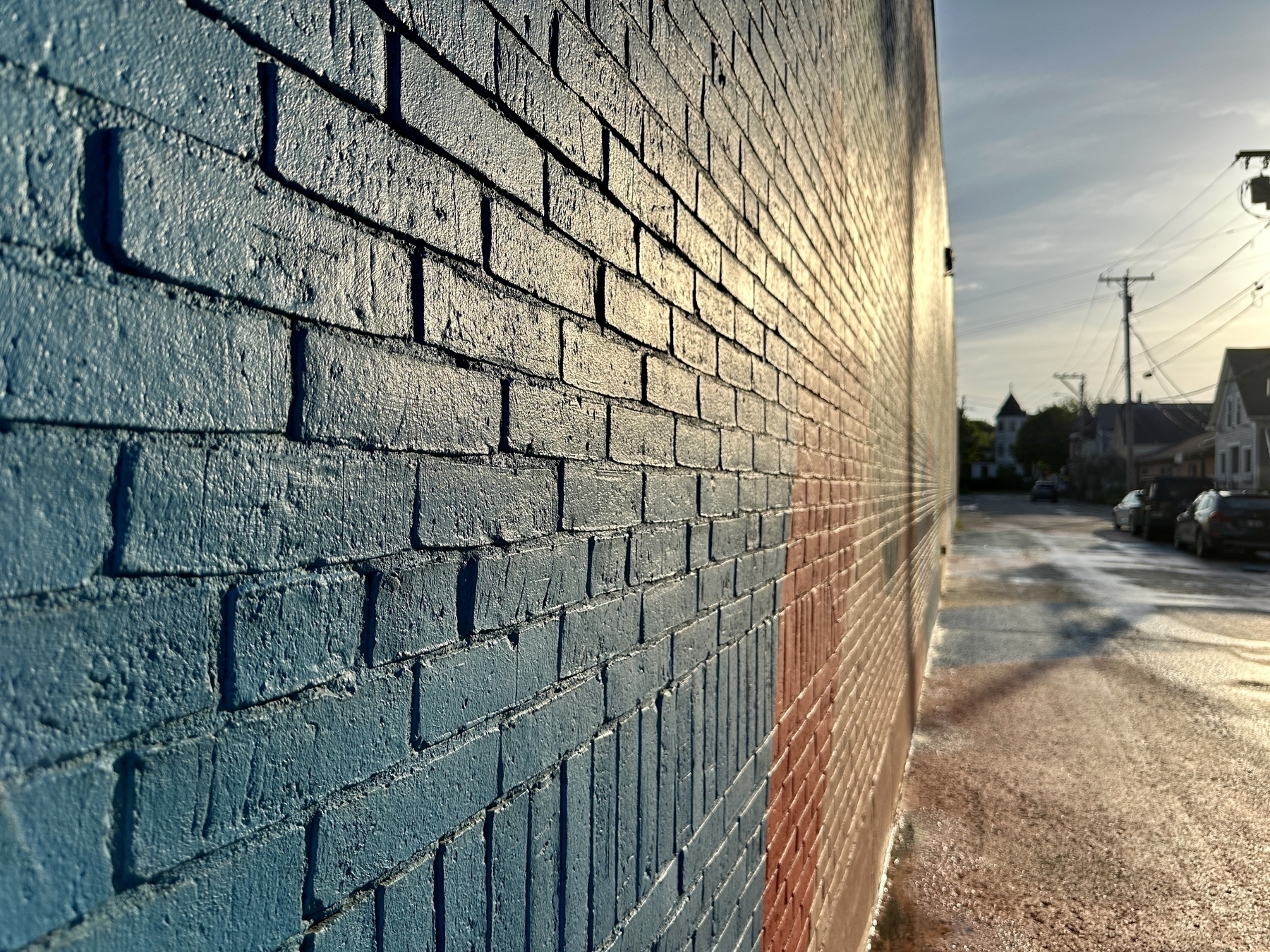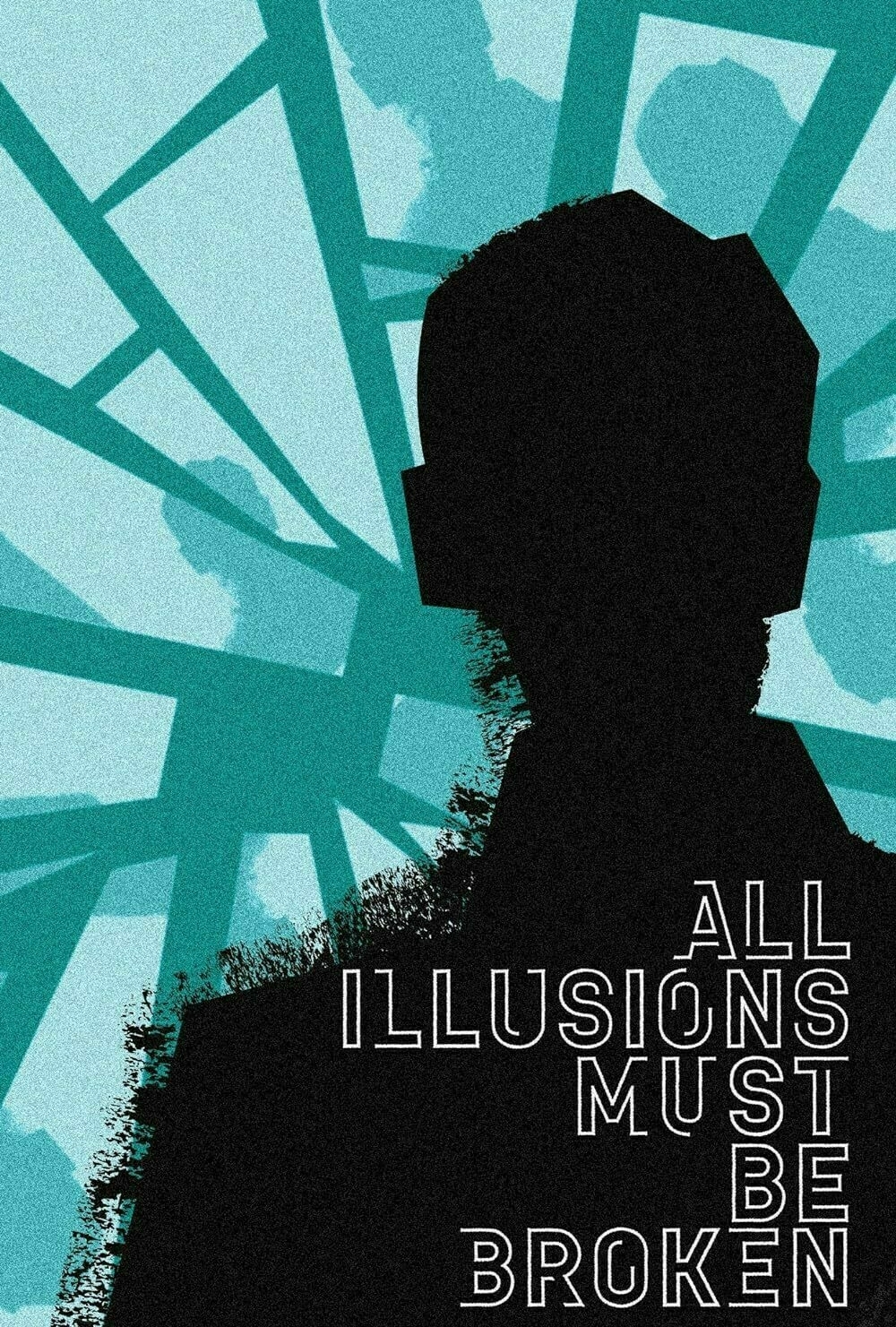
Like Schlesinger, [Walter] Lippmann recognized the instability of liberal democracy, an instability made more problematic by a general citizenry that had become, in effect, a mob with no capacity or even inclination for self-governance. Lippmann clearly had Senator McCarthy and his populist followers in mind. He found McCarthy’s demagoguery and campaign of fear utterly repellent and McCarthy himself an ambitious and ruthless agitator set on cultivating his following to become “a mere horde of frightened, angry, suspicious and suspected separate egos.” […]
Public opinion, as Lippmann argued, was now shaped by the techniques of mass communication and was therefore subject to manipulation through stereotypes, prejudices, and out-and-out propaganda. Ordinary citizens, then, had evolved into a mob because they had no “objective” understanding of their own interests and no capacity to act on them anyway. Worse still, no one could claim a privileged insight into or authoritative comprehension of the public good. The American public upon whose will democracy depended did not really exist. It was a fiction-in his own words, a “phantom.” […]
In Lippmann’s account, modern democracies had “abandoned the main concepts, principles, precepts, and the general manner of thinking” that characterize the public philosophy, and its cultural heritage had not been transmitted to recent generations. It was, then, essential to “revive,” “renew,” and “rework” the public philosophy for the modern age. The adaptation of its “common and binding principles was more necessary than it had ever been.” If this was not accomplished, then “the free and democratic nations face the totalitarian challenge without a public philosophy which free men believe in and cherish, with no public faith beyond a mere official agnosticism, neutrality and indifference."
…Lippmann found in his reading of Sartre “a proclamation of anarchy” that provides no framework of solidarity within a fragmented society, nor even a will to find any solidarity. The stripping away of any concept of a mind-independent truth creates a vacuum that is filled by “the intoxication of power,” an intoxication that is “the greatest danger of our time.” Indeed, he wrote, “any philosophy which, however unintentionally, contributes to it is increasing the danger of vast social disaster.”



